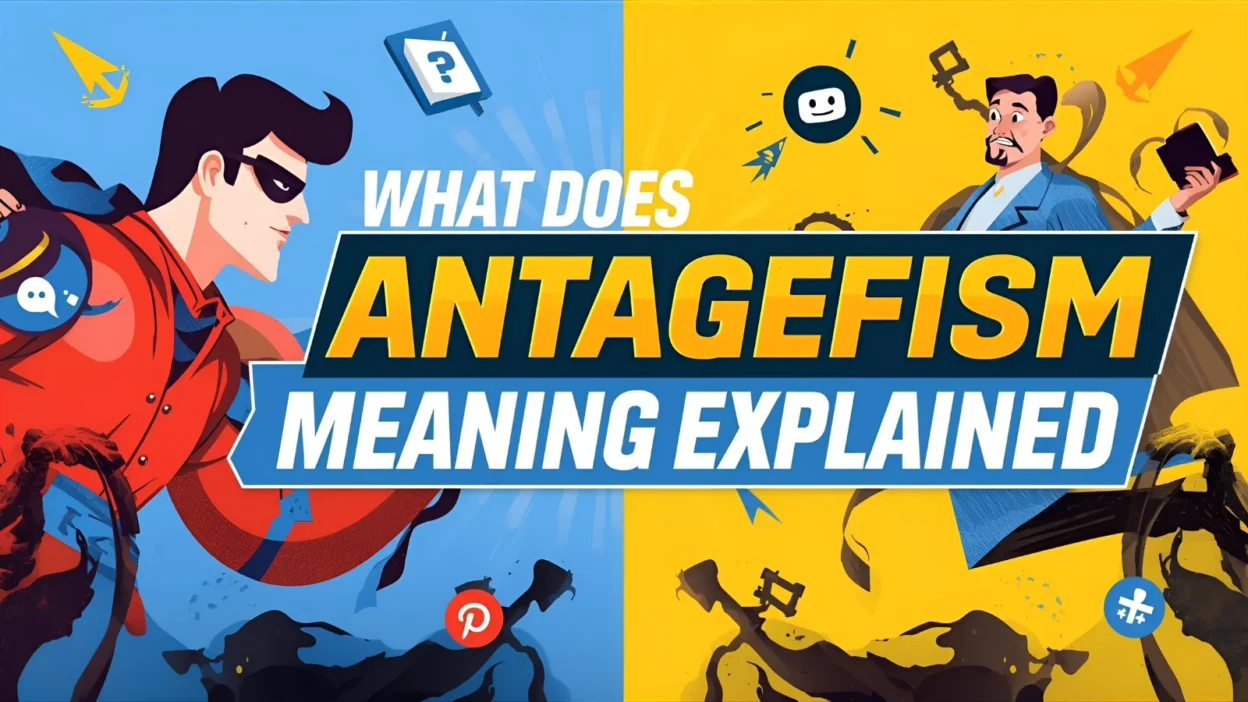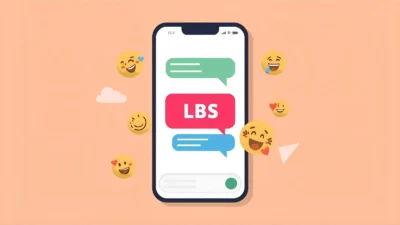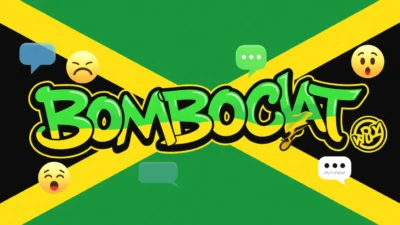Have you ever been reading a story or watching a movie and wondered, “Who’s making life hard for the main character?” That’s usually the antagonist.
The first time I saw the word “antagonist” in my literature class, I was confused. Is it just a bad guy? Or can it be something more? Let’s clear that up.
Quick Answer:
An antagonist is a person, group, or force that opposes the main character (protagonist) in a story.
It’s a neutral, formal term in literature but can also describe opposing forces in real life or psychology.
🧠 What Does Antagonist Mean in Text?
In simple terms, an antagonist is any character, group, or situation that creates conflict for the protagonist.
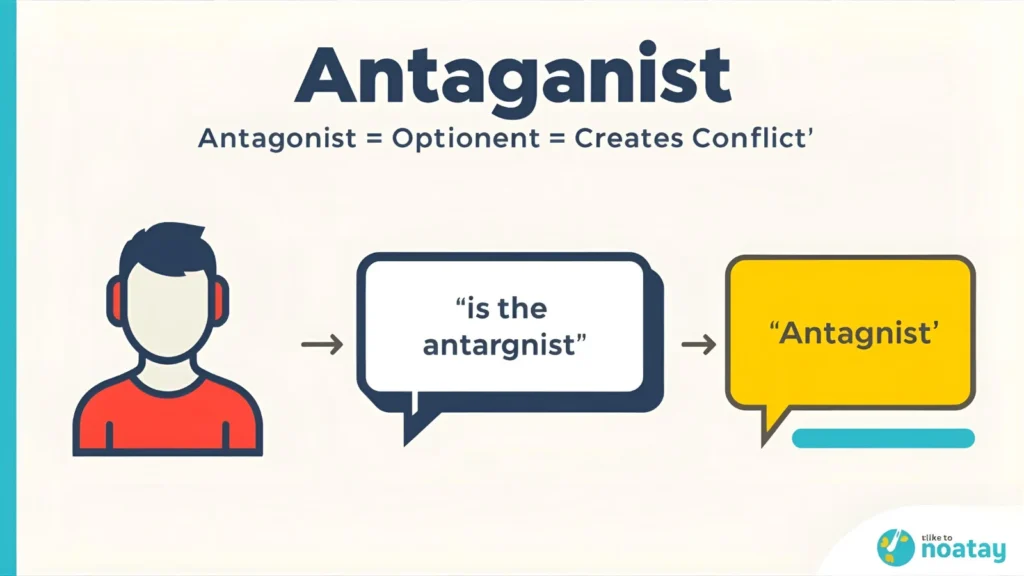
They are not always “evil” — sometimes they are simply opposing the main character’s goals.
Example sentence:
- “In Harry Potter, Voldemort is the main antagonist, constantly challenging Harry.”
In short:
Antagonist = Opponent in a story = Force creating conflict for the main character.
📱 Where Is “Antagonist” Commonly Used?
The term antagonist appears in several contexts:
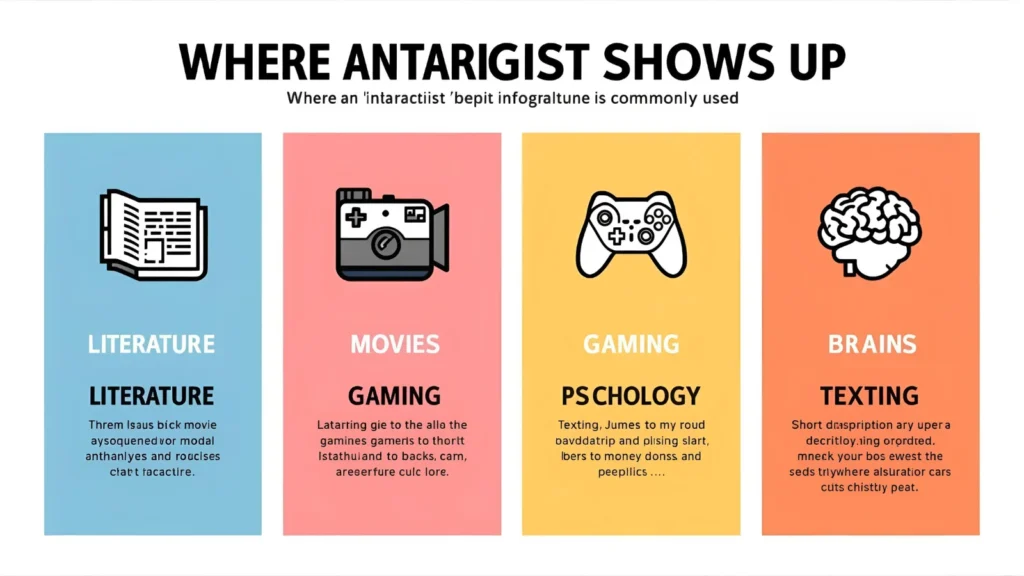
- 📖 Literature & Movies – to describe a character opposing the protagonist
- 🎮 Gaming – boss characters or enemy teams
- 🧠 Psychology – someone showing antagonistic behavior
- 📝 Texting/Online – sometimes used figuratively, e.g., “Karen is being the antagonist again 😅”
Tone: Mostly formal in literature, casual in online slang, and descriptive in psychology.
💬 Examples of “Antagonist” in Conversation
Here are some realistic examples of how people might use “antagonist” in texting or casual chat:
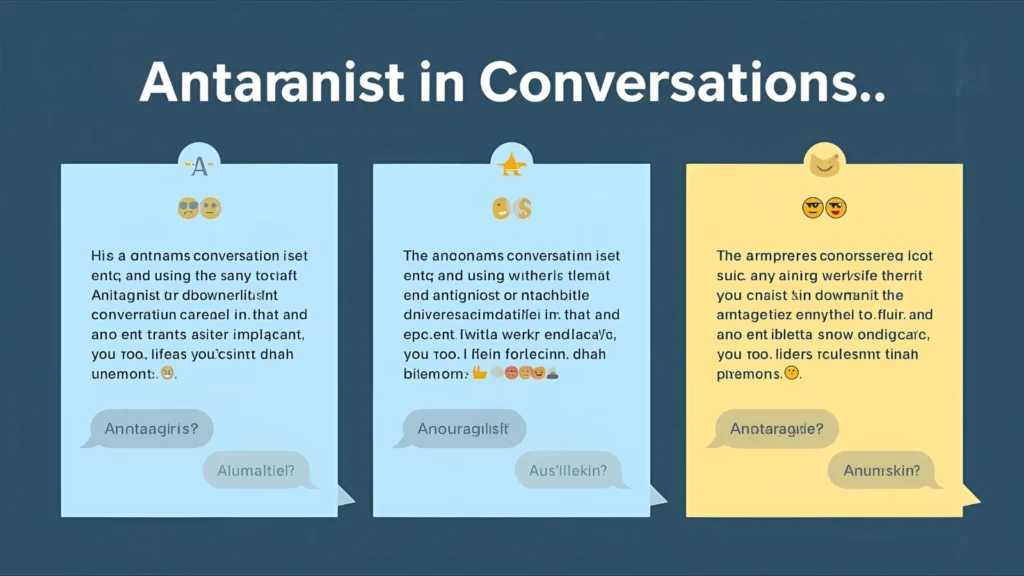
A: “I can’t believe he ruined our plans again 😤”
B: “Sounds like he’s the antagonist in your story lol”
A: “The villain in that movie was so clever!”
B: “Classic antagonist behavior 😎”
A: “She keeps arguing with everyone at work”
B: “Yeah, she’s kind of the antagonist in the office drama”
A: “My little brother keeps challenging me all day”
B: “He’s like the tiny antagonist in your life 😆”
A: “That boss fight was impossible 😩”
B: “Totally, the antagonist was brutal!”
🕓 When to Use and When Not to Use “Antagonist”
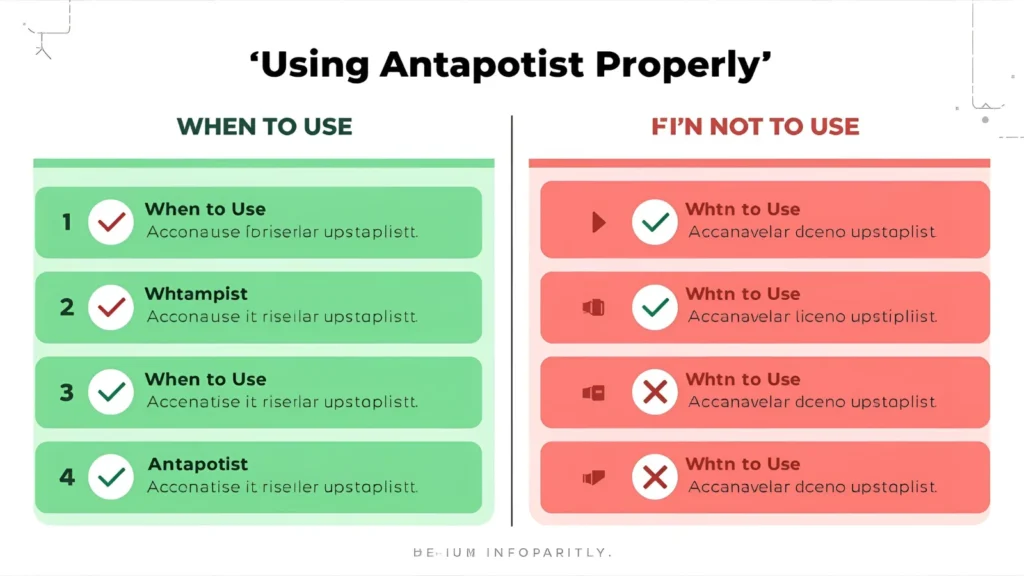
✅ When to Use:
- Discussing literature, movies, or TV shows
- Talking about conflicts in stories or games
- Describing opposing forces in psychology
❌ When Not to Use:
- In urgent, professional, or sensitive situations (it can sound dramatic)
- Casual greetings or unrelated chats
| Context | Example Phrase | Why It Works |
|---|---|---|
| Friend Chat | “He’s acting like the antagonist 😅” | Casual & relatable |
| Work Chat | “The project challenges felt antagonistic” | Professional & descriptive |
| “We need to address the opposing factors” | Formal & clear |
🔄 Types of Antagonists
Stories often include different types of antagonists:
| Type | Meaning | When to Use |
|---|---|---|
| Direct Antagonist | Main character opposing the protagonist | Literature, movies, games |
| Indirect Antagonist | Influences events without direct conflict | Complex novels, drama |
| Internal Antagonist | Inner fears, doubts, or personal conflicts | Character-driven stories |
| Environmental Antagonist | Nature or society opposing the protagonist | Survival stories, dystopian settings |
🔄 Antagonist vs Protagonist
Understanding the difference helps clarify stories:
| Role | Definition | Example |
|---|---|---|
| Protagonist | Main character, story’s focus | Harry Potter |
| Antagonist | Opposes the main character | Voldemort |
🔄 Similar Slang Words or Alternatives
| Slang/Term | Meaning | When to Use |
|---|---|---|
| Villain | Evil character opposing hero | Movies, comics, storytelling |
| Rival | Competing character | Sports, games, casual chat |
| Nemesis | Long-term opponent | Literature, TV, comics |
| Opponent | Person/force in conflict | Games, debates, casual chat |
❓ FAQs About “Antagonist”
Q1: Can an antagonist be a good person?
A: Yes, an antagonist isn’t always evil. They simply oppose the protagonist’s goals.
Q2: What’s the origin of “antagonist”?
A: From Greek antagonistes, meaning “opponent, competitor.”
Q3: Is antagonist used in texting?
A: Rarely, but people sometimes use it humorously to describe someone causing conflict.
Q4: Difference between antagonist and villain?
A: A villain is specifically evil, while an antagonist can be any opposing force.
Q5: Can an environment be an antagonist?
A: Absolutely! Storms, societal rules, or situations can act as antagonists in stories.

Naz Fatima is an author at Saypadia who specializes in writing clear, relatable, and reader-friendly content about language, expressions, and modern terminology. She enjoys breaking down meanings with real-life context so readers can quickly understand and apply them. Naz’s work reflects a strong commitment to clarity, accuracy, and helping users find quick answers without confusion.

